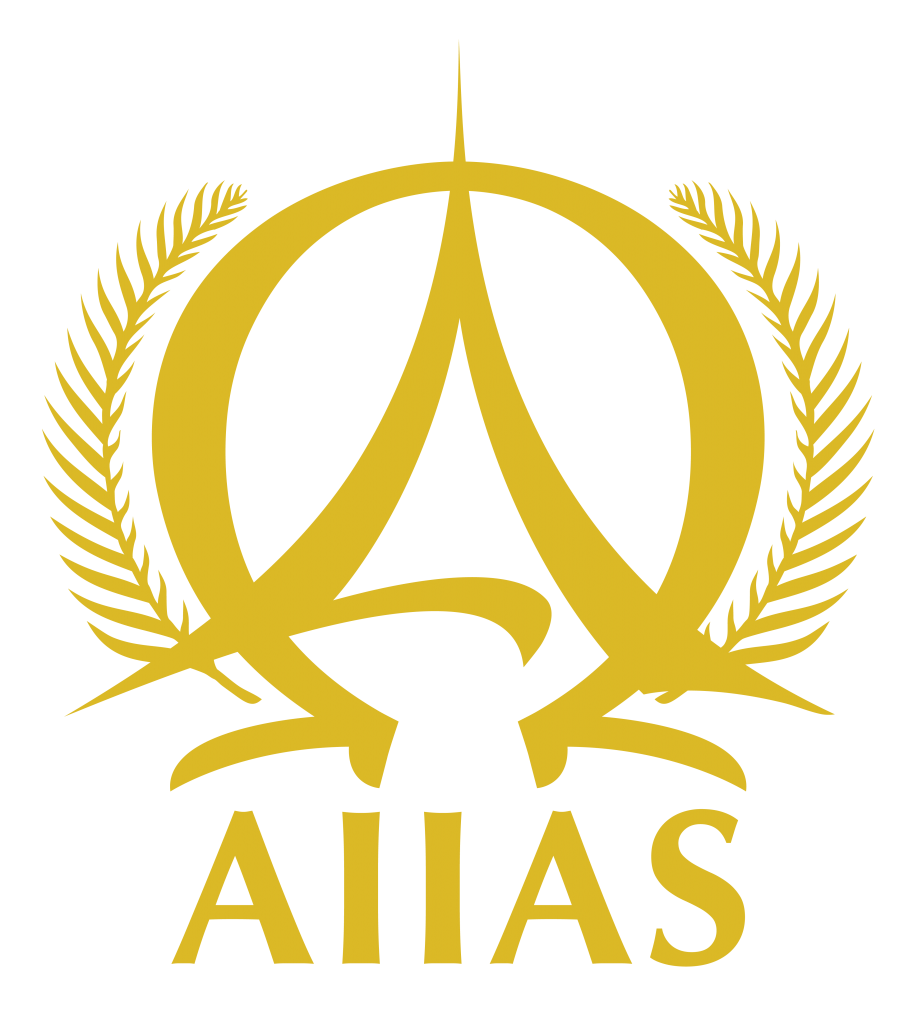The Graduate Certificate in TESOL is a non-degree program designed to enhance the professional development of English educators who do not choose to enter the MA in Education with an emphasis in TESOL program.
To complete the program and be awarded a Graduate Certificate in TESOL, the candidate must satisfactorily meet the following requirements:
Complete the following five courses:
A comprehensive view of classroom management and basic teaching/learning concepts and process which
include areas such as philosophical assumptions of learning, nature of learners, understanding student academic
and psychosocial needs, establishing positive teacher-student-parent and peer relationships, student
motivation, discipline, establishing rules and procedures, and maximizing on-task behavior. These concepts and
processes encompass all ages and all disciplines. Participants work in cooperative groups and present teaching
episodes and participate in structured coaching and focused feedback processes.
An overview of theories of first and second language acquisition, including comprehensible input, the monitor
hypothesis, and order of acquisition. The role of linguistics in understanding language acquisition; the
differences between learning and acquisition, EFL, ESL, and ESP, pedagogy and andragogy, integrative and
instrumental motivation; and traditional and current approaches to language teaching including
grammar/translation approaches, and communicative language teaching are discussed.
A study of the role of content courses in the development of reading and writing, grammar, vocabulary, and
thinking skills. Emphasis is placed on the integration of writing and study skills in order to enhance retention in
all content areas. The course includes a survey of appropriate teaching aids suitable for all learners,
incorporating critical evaluation of numerical data, technology, and media literacy, including underlying issues
such as bias, power, and culture. Experiences in the class include observation and teaching practice at various
ages and levels of language ability.
An introduction to concepts of phonetics and phonology for language teachers. Techniques for teaching
pronunciation and assisting learners in gaining fluency and grammatical accuracy in real-time oral language
production; developing general and specific listening skills; selection of instructional materials; testing; and
individual, group, and laboratory techniques for oral skills development are included.
Introduction to the art of academic discourse to prepare graduate students for writing theoretical and research papers, thesis, and dissertation. Topics include proper use of sources, academic honesty, structure and language use, critical analysis and synthesis, organization, style and formatting, and the concept that writing is a process that is best learned through continual practice. Use of a reference management system (e.g. Zotero, Mendeley, Citavi, EndNote) will be introduced.
One of the two courses:
Interdisciplinary consideration of Christ-centered, Bible-based, faith-nurturing educational theory and practice. This class assists students in developing a personal, experiential faith and a balanced lifestyle in which the spiritual aspects of life blend naturally with day-to-day activities, as beliefs, values, experiences, and attitudes of their Christian worldview are integrated into the total school environment.
The course explores the foundational teaching and primary metaphors of leadership including theories, models,
and concepts viewed in the context of God’s call on the covenant community in the redemptive history. Part of
the course covers ethical philosophies, construction of framework for ethical decision, and application of ethical
principles in one’s personal life and work place.
Complete the following five courses: | Credits |
|---|---|
EDCI 610 Pedagogy and Classroom Management | 3 |
EDTE 620 Second Language Acquisition | 3 |
EDTE 622 TESOL Methods for Content-Area Reading and Writing | 3 |
EDTE 628 TESOL Methods in Speaking and Listening | 3 |
RESM 520 Academic Writing | 2 |
One of the two courses: | |
EDUC 624 Faith and Learning in Christian Education | 3 |
LEAD 610 Biblical Foundations of Leadership and Ethics | 3 |
TOTAL | 17 |
Monday to Thursday 8 am to 5 pm;
Friday 8 am to 12 nn
admissions@aiias.edu
+63 46 4144 318
+63 917 838 6119
